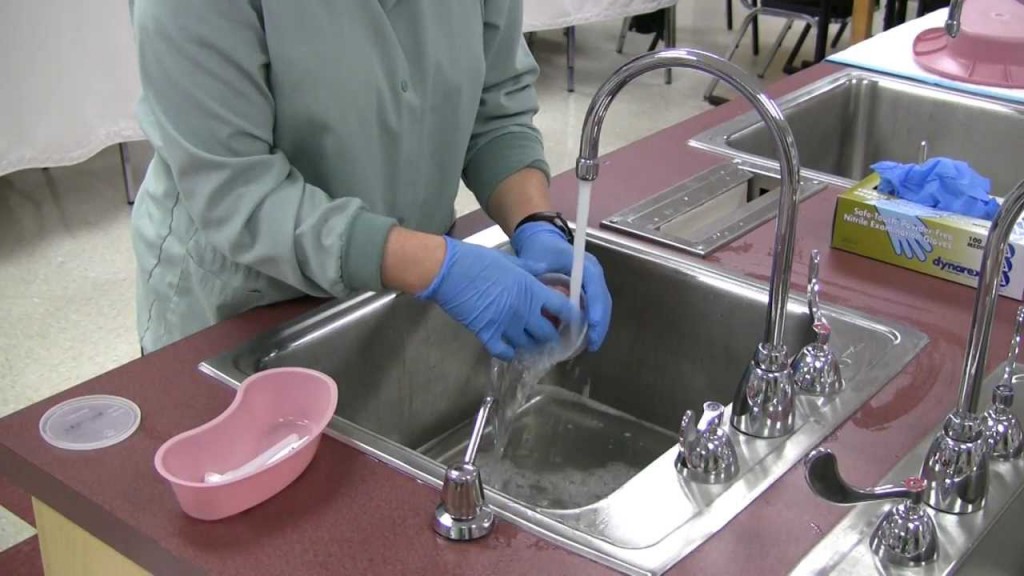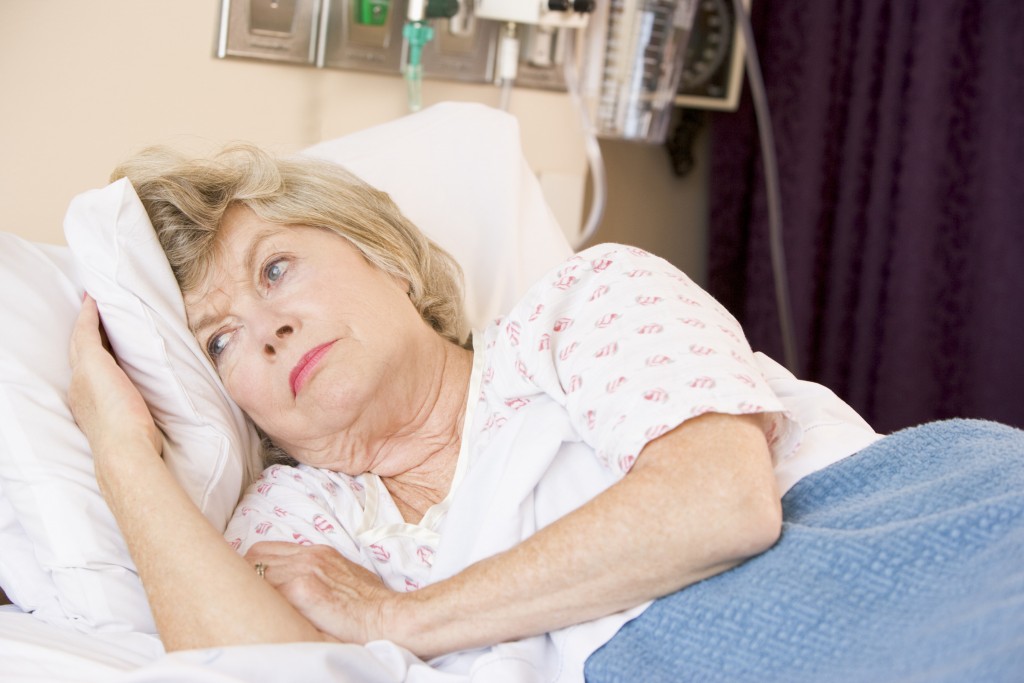Thinking about the rate of infections that seems to be plaguing us these days makes one wonder what the major cause of this happening is.
We have known for years that overuse of antibiotics has made some bugs resistant…
But could another contributing factor be to do with cleaning standards?
The Problem With Traveling
Now I don’t know if you are a traveler or not, but I hear so often how sick people become after taking a flight.They come back with a virus that they cannot shake.
This happened to me 2 years ago and I seem to hear more and more people in the same situation.
An article came across my desk that the reason for this was due to the quick turnaround of flights…
And the substandard (or should I say non-existent) cleaning that happens to get the plane back in the air again.
I Wouldn’t Leave My House This Way…
The rubbish is cleared but the table tops are not wiped down.
Nothing is done to them.
So you come along and sit down in your allocated seat and pull out your table when you are in the air or to eat.
You are not provided with anything to clean your hands, with the exception of some long haul flights particularly with Asian airlines who bring around heated hand towels.
Read More: The Gross Truth About Germs And Airplanes
Sharing Germs
Just think about it…
The person before you has some virus or bacteria.
They probably cough and splutter all around the space you are now occupying.
Without cleaning your hands, your table or arm rests you are then likely to contaminate yourself with whatever is left behind from the previous occupier.
This Happens Everywhere
Now if this is the problem with travel…
Could sub-standard cleaning be part, if not all, of the problems we are experiencing with superbugs?
I don’t know for sure but to me this stands to reason.
If the bugs are not being cleared from the surfaces, then you and those in your care are going to be at risk.
Sharing The Responsibility
As caregivers we know it.
But do we pass this knowledge on or teach others who do not have our backgrounds and knowledge?
Beyond The Training…
Okay, so a life of caring for children and other people may have set you up with the training you need to keep from getting ill.
But does the rest of the family and anyone that comes to visit understand the importance and the risk to everyone if cleaning standards are substandard?
How often do you reinforce hand washing?
This fun but very real video may bring a bit of a smile at the things we do every day unconsciously that can contribute to infections.
https://www.youtube.com/watch?v=HYeiNPIxqKw
Environmental Cleaning
However I want to focus now on environmental cleaning.
How much time is spent explaining the importance of keeping the environment clean?
How often are the tables, window ledges, beds etc wiped down?
I know when I did my training we had to do ward tidies at the clinic every day on the morning shift.
While we did not have to wash the floors, we were responsible for all the patients’ equipment and surfaces surrounding the patient.
And the same goes for homes where care is given.
Whose Responsibility?
Do we, as caregivers do this today or do we rely on someone else to do it?
How often do we check or observe that is has been done?
How likely is it that the surfaces surrounding your loved ones are harboring bacteria or viruses?
What Are Your Standards?
We know that when there is an outbreak it is likely to indicate a breakdown in cleaning standards.
How easy would it be if all the surfaces were cleaned daily with the expected outcome that the rate of infections would be reduced?
Remember, wherever a group of people live, there is likelihood of increased infections.
The Importance Of A Clean Environment
You see, we spend a lot of time talking about the importance of handwashing…
BUT do we spend the same amount of time on the importance of keeping the environment clean as well?
The following video is really good, but please note while most of the training is in English some of the conversations are in French with sub-titles.
It is 20 mins long but it does show how to clean and how important it is to do it correctly at a clinic, but it can be applied to your home as well:
Now this video by Bill Gates is looking at a worldwide epidemic.
He says “The next outbreak? We are not ready.” It is about being prepared and working towards prevention:
Be Prepared
How prepared are you for an outbreak in your home?
I am not necessarily talking about an Ebola outbreak, but a norovirus or influenza outbreak.
I have already talked about the importance of keeping surfaces clean and how this helps to contain or even prevent an outbreak.
Now in a hoe it is on a lesser scale to a worldwide epidemic but the principles are the same, as is the impact on people.
Have you considered how you could prevent an outbreak rather than react to a crisis?
It would be much easier for everyone if more attention was paid to reducing the likelihood of an outbreak in the first place.
Have a parent that’s a little hard to handle? Download our free Challenging Behaviors Guide to discover how you can figure out what’s going on and maintain the relationship with your parent.

